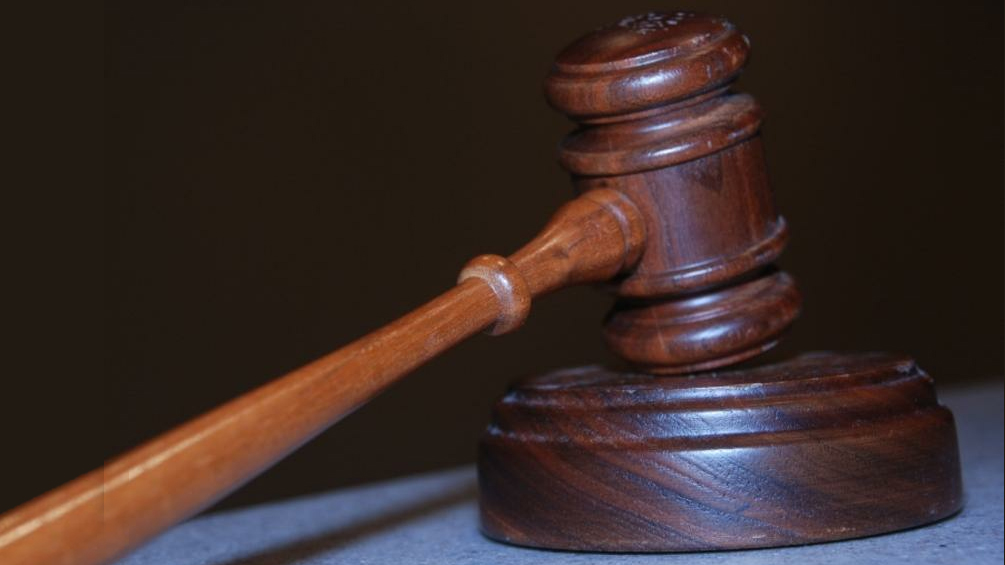Samsung's phones won't be banned in US after Apple trial
Huge news in the tech trial of the century

Sign up for breaking news, reviews, opinion, top tech deals, and more.
You are now subscribed
Your newsletter sign-up was successful
Apple may have won $1 billion from Samsung in its patent infringement case, but it's failed in its bid to have the Korean company's devices banned from sale.
Judge Lucy Koh ruled Samsung's smartphones and tablets will stay on US shelves. But it wasn't all good news for Samsung. Koh threw out the company's complaint that the jury foreman was biased against it because of his previous dealings with one of its partner companies.
Koh ruled the patent infringement wasn't a big enough threat to Apple to warrant a sales ban.
"Samsung may have cut into Apple's customer base somewhat, but there is no suggestion that Samsung will wipe out Apple's customer base, or force Apple out of the business of making smartphones," Koh said in her ruling. "The present case involves lost sales - not a lost ability to be a viable market participant."
In other words, even though Samsung may have made devices very similar to Apple's, and it's a bigger company, Apple can still more than hold its own.
Samsung's Galaxy Nexus could still be banned in a separate case, though.
"Unprecedented"
Experts hailed the decision not to ban Samsung's devices as "unprecedented", considering the number of injunctions found, and the amount of money Samsung was made to cough up.
Sign up for breaking news, reviews, opinion, top tech deals, and more.
Apple wanted 26 Samsung devices banned. Koh ruled that in order to win a ban, Apple would have to show it'd "lost these sales because Samsung infringed Apple's patents. Apple has simply not been able to make this showing."
Samsung was hoping that jury foreman Velvin Hogan's previous dealing with Seagate could prompt a retrial. Hogan was bankrupted after trying to sue Seagate for fraud in 1993, and seeing as Seagate has dealings with Samsung, the Korean company thought this would prejudice him.
But Koh ruled that Samsung couldn't complain about Hogan because it had carried out pretrial interviews with him. "Parties [in the trial] waive their right to challenge the jury's impartiality if they are aware of the evidence giving rise to the motion for a new trial or fail to exercise reasonable diligence in discovering that evidence," Koh said in her ruling.
Via Guardian

Joe has been writing about tech for 17 years, first on staff at T3 magazine, then in a freelance capacity for Stuff, The Sunday Times Travel Magazine, Men's Health, GQ, The Mirror, Trusted Reviews, TechRadar and many more (including What Hi-Fi?). His specialities include all things mobile, headphones and speakers that he can't justifying spending money on.